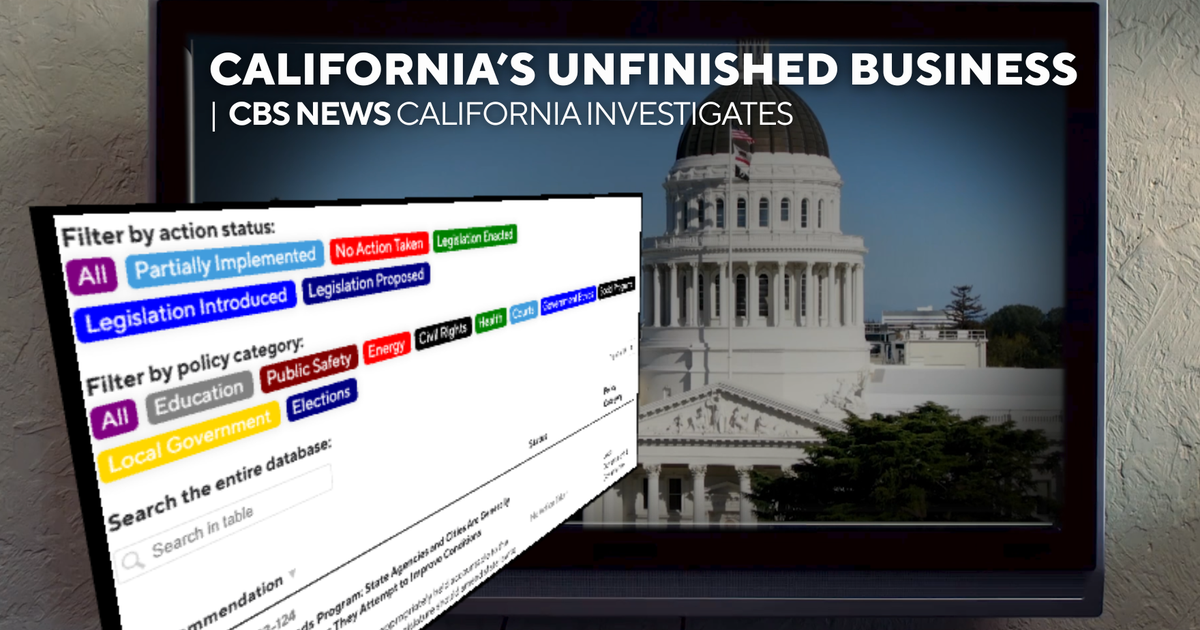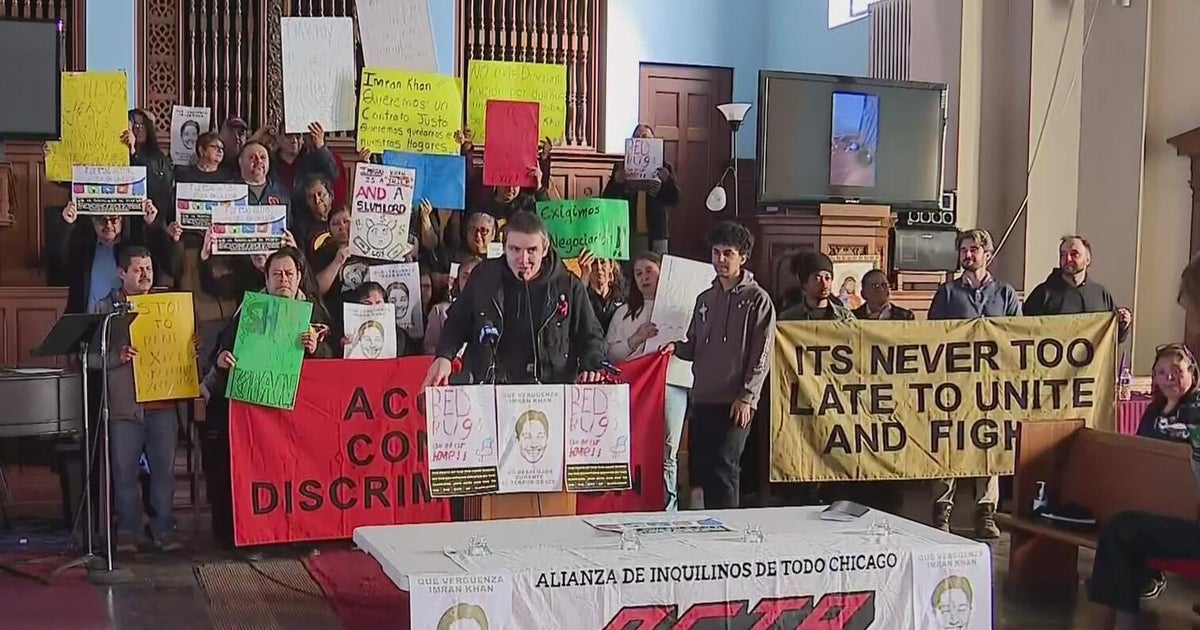Aggressive Prop 33 ad campaigns try to sway voters on California rent control expansion
California's housing crisis is at the center of dueling commercials focused on Prop 33 trying to convince voters to pass or reject an expansion of rent control.
Supporters of Prop 33 say it will help keep people housed, especially those who are already close to becoming homeless, while opponents argue it will discourage development and only make things worse for renters.
As it stands right now, rent control in California limits the amount of money a landlord can raise the rent on a property per year. But because of a law enacted almost 30 years ago called the Costa Hawkins Rental Housing Act of 1995, there are some restrictions on those limits.
For example, cities can't set rent control on single-family homes or apartment buildings constructed after 1995. If voters pass Prop 33, Costa Hawkins would be repealed, therefore allowing municipalities to expand rent control.
Supporters like William Palmer, a renter in San Francisco, believe passing Prop 33 will provide much needed rental relief for Californians.
"California has 17 million renters that need relief," he said. "There is a housing crisis. Those people who say we can't build more housing in California are saying we can't build more expensive housing in California."
Whether working on his mission to help formerly incarcerated people through his organization Life After Next or through his other professional endeavors, Palmer commits a lot of time and effort to whatever he is doing. But he often feels like he is swimming against the tide.
"Rent is just too damn high in San Francisco," he said. "Every day I get up, I'm hustling to pay rent. Not to pay off my credit card, not to pay off my debt, not to pay for gas in my car. I get up every day to pay for rent."
He and other supporters of Prop 33 say it will help ease the housing affordability crisis that California is experiencing.
"There's a reason that there are protections for renters. Without protection, can you imagine how high rent would be right now?" he said. "Just the fact that I have to be a renter is a problem in it of itself. We should be able to pass a proposition that stabilizes your rent so that maybe you can save enough to also become an owner."
Gustavo Gonzalez, who owns a pair of six and eight unit buildings in San Jose, sees things differently.
"Well, I hope people realize the importance of opposing Prop 33 so we can try to get developers to build more housing," he said. "We are in a housing crisis in California."
In the grand scheme of things, Gonzalez believes expanding rent control would exacerbate the housing affordability crisis.
"Prop 33 will make it more expensive, because developers who want to build housing for us will run away from the state of California if this thing passes," he said.
He and other Prop 33 opponents argue it will de-incentivize developers from investing in California.
"If Prop 33 passes, we're going to have a lot less development, a lot less apartments being built. What's that going to do? You'll have more demand, less supply, and costs go up. It's a simple economic supply and demand situation," he said. That's the complete opposite of what they're looking for. If we want to lower pricing, we need to build tens of thousands more apartments and housing units so we can get to some number that is more reasonable for everybody."
Gonzalez is also worried about how it could change his day-to-day.
"It's going to run out the small mom and pops because we won't be able to afford to keep our buildings," he said. "It's also going to take away my ability to manage my property and my tenants as best as I can to protect them. With more rent control and more strict rules, it's going to be that much harder to get tenants who are disturbing other tenants out."
Tenant advocates have tried to fight Costa-Hawkins for years, but to no avail. This is the third time in recent years it has gone to the voters.
A recent, non-partisan poll of likely voters conducted by UC Berkeley's Institute of Governmental Studies (IGS) suggests Prop 33 has an uphill battle.
Among likely voters surveyed:
- 37% said they'd vote yes
- 36% said they'd vote no
- 27% said they're undecided
"27%, which is a high proportion, are undecided. That was a striking number to me when compared to other propositions that we measured," said Mark Di Camillo, the Director of the Berkeley IGS Poll. "If people aren't convinced, they basically will tend to vote 'no.' So, given that, I would say the 37% on the 'yes' side is a relatively low number. It's chances of passage are not great at the moment."
That said, there is one more poll to be done ahead of the election.
"I won't give a definitive answer until we do our final pre-election poll which is done in the final week," he said. "Usually, that tells the tale on most ballot propositions, there's a high correlation between what we get in the final week's poll and what happens in the election."
Both voters agree, California has a housing crisis in dire need of solutions. But they see different pathways towards fixing it.
"Taking a chance on passing Prop 33 is a better chance at solving the problem than just keeping it as the status quo," said Palmer.
"We need to build more housing, and we need policies that encourage that because that's how we're going to lower the rent prices and the housing prices. We need more," countered Gonzalez.
It will be up to voters to determine if Prop 33 has a place in California's future.







